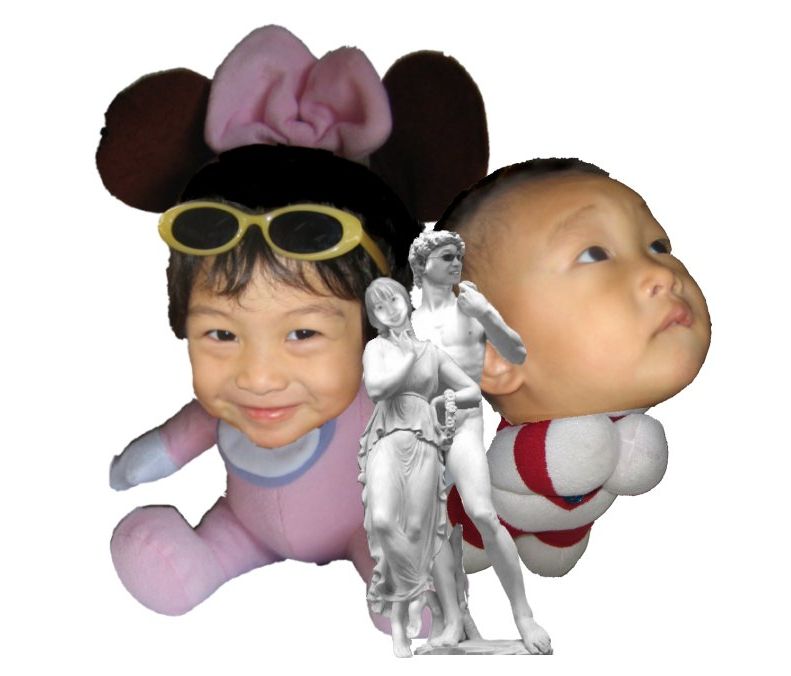Starting this year, in Japan at least, since the economy has started picking up again, recruitment drive for new staff is also heating up. Looking for a job in Japan can be very different from how you are used to. University students in the bachelor and master's level usually start looking a full year before graduation. PhD students are a little different, while some do look for jobs pretty early, there are those who take are constantly on the lookout for a good match between their skills and the job requirements. A lot of jobs can now be applied on-line. Compared to 5 years ago, recent candidates find themselves inundated with plenty of options for on-line job applications. The other thing that is different about job search in Japan is their resume. A standard form (履歴書) is available in most bookstores (bet you didn't know that! Me neither). You just need to fill in your personal particular including photo, education, work experience, certification all in a chronological fashion. Other misc information like major, interests, work preference, and marital status are also required. My own experience in producing a resume (in English) has been a mixture of creative layout and ideas to spice up the information contained within. Nothing of that sort is required in Japan, as far as I know. Perhaps it's better that way since, we are not applying for a job in the Creative Arts department anyway. On the other hand, no sloppiness is tolerated. That is not to say that you can get away with carelessness and mistakes in the English version. One thing that is absolutely necessary when working in a Japanese company in Japan is proficiency in Japanese, what else! Although I have been toying about that idea for sometime, I am revisiting this option of a working in Japan. Let's see how things go. This is my barebone dual-language resume..gif)
.gif)


